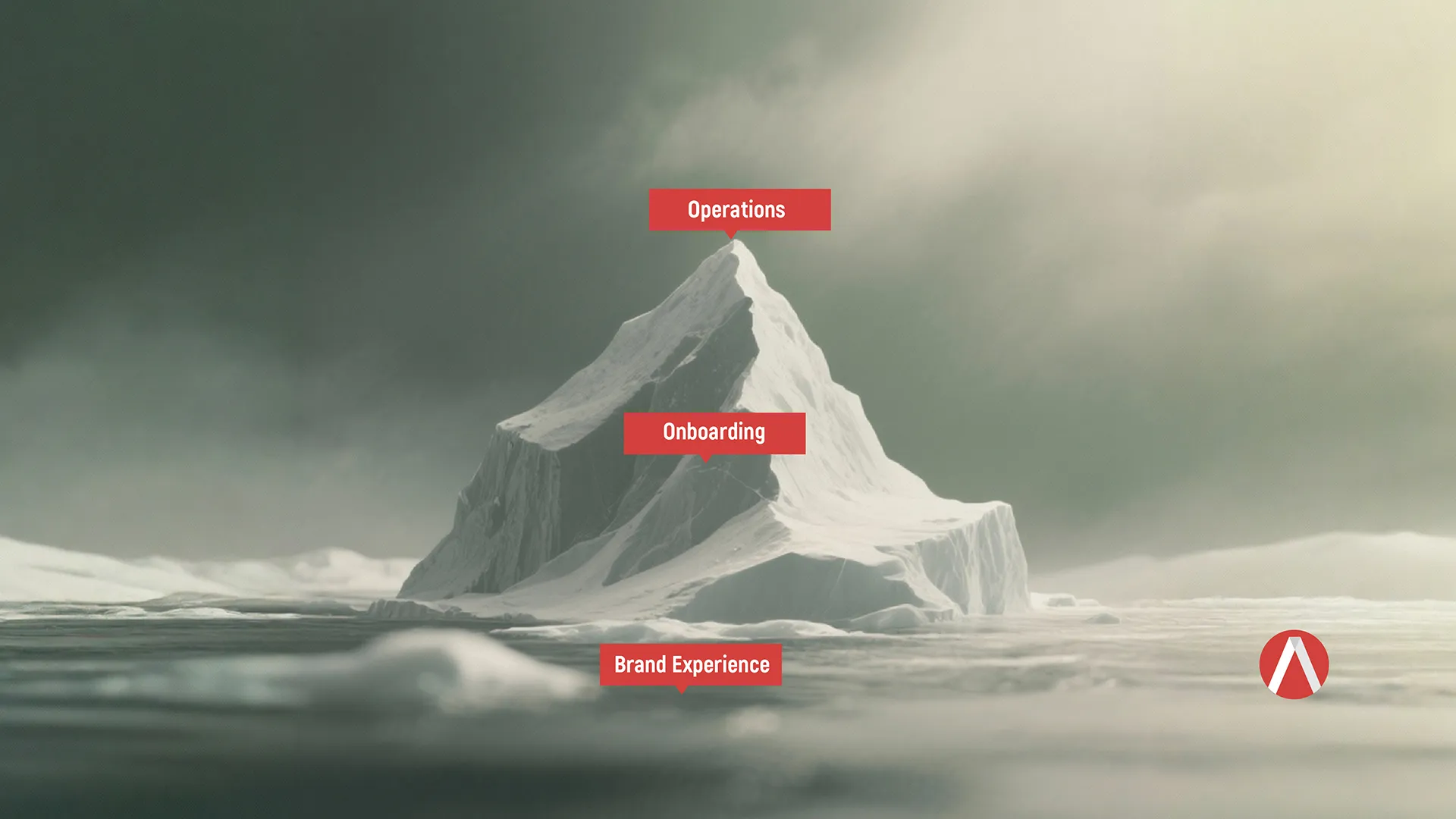Key Takeaways:
- Prioritize long-term growth by integrating flexible and data-driven strategies.
- Focus on aligning marketing initiatives with overarching business goals.
- Leverage strategic innovations like AI, customer experience, and sustainability to drive competitive advantage.
- Ensure adaptability in marketing plans to anticipate industry shifts and consumer demands.
- Avocet’s 2025 focus is on delivering strategic insights, industry leadership, and innovative marketing solutions.
As 2025 approaches, business leaders face a pivotal moment: how can we elevate our marketing efforts to meet both immediate objectives and long-term growth goals? Strategic marketing isn’t just about what’s trendy—it’s about foresight, adaptability, and aligning every initiative with the broader vision of the company. For CMOs, CEOs, business leaders, and entrepreneurs, now is the time to step back and evaluate how strategy can not only fuel growth but position your brand as an industry leader.
At Avocet Communications, we’re ready to help you build a strategy-first approach in 2025. Here’s how a forward-thinking marketing strategy can ensure you’re not just keeping up with the competition but setting the pace.
1. Strategic Agility: Planning for Long-Term Growth
A truly effective marketing strategy must be agile enough to adapt to the unexpected while staying focused on long-term growth. As you look ahead to 2025, think beyond short-term wins. Create a marketing strategy that not only addresses current market conditions but is flexible enough to evolve with changing consumer expectations, technological advancements, and industry disruptions.

Strategic Insight: Build a marketing roadmap that spans beyond the next quarter, setting benchmarks for growth while ensuring adaptability. Revisit these plans regularly to adjust based on real-time data and market shifts.
2. Data-Driven Strategy: Turning Insights into Action
Every strategic decision should be informed by data, not guesswork. In 2025, businesses that embrace data-driven marketing will outperform their competitors. Data isn’t just about knowing your audience better; it’s about transforming those insights into actions that drive results. As analytics tools become more sophisticated, using them strategically will allow businesses to anticipate market needs and proactively respond to changes.
Strategic Insight: Move beyond surface-level data and dive into predictive analytics to foresee customer trends and align your marketing strategy with their evolving needs.
3. Customer Experience as a Strategic Imperative

In the coming year, customer experience (CX) will continue to be a critical differentiator. But what sets successful companies apart is their ability to integrate CX into the core of their strategic plans. Whether through personalized experiences, seamless interactions, or innovative service delivery, every touchpoint with a customer must reinforce your brand’s value and vision.
Strategic Insight: View CX as a long-term investment in brand loyalty. Implement strategies that offer more than transactional value—focus on creating memorable and meaningful experiences that build deeper connections with your customers.
4. AI and Automation: Strategic Enablers, Not Replacements

Artificial intelligence and automation will remain essential tools in the modern marketing toolkit, but it’s important to remember that these technologies should enable, not replace, strategic thinking. AI can streamline processes, enhance personalization, and offer deeper insights, but the real advantage comes from how it empowers your team to make smarter, faster, and more informed decisions.
Strategic Insight: Incorporate AI into your strategy with a focus on how it can improve decision-making, customer experiences, and operational efficiency, without losing the human touch that differentiates your brand.
5. Sustainability and Corporate Responsibility: A Strategic Differentiator
In today’s business landscape, corporate responsibility and sustainability are no longer “nice-to-haves”—they’re strategic imperatives. Consumers, investors, and partners increasingly expect brands to take a stand on social and environmental issues. Marketing strategies that authentically integrate sustainability and corporate responsibility into their messaging will build trust and differentiate your brand in 2025.
Strategic Insight: Make sustainability and responsibility part of your long-term strategy, ensuring your efforts are more than just lip service. Show how your brand is contributing to a better future and align this with your business objectives.
Avocet’s Vision for 2025: Strategy at the Core
At Avocet Communications, strategy has always been the foundation of our success and our clients’ growth. As we head into 2025, we’re not just focusing on new tactics—we’re enhancing our approach to deliver even more value to our clients through strategic insight, industry leadership, and innovative solutions. Whether it’s through AI-driven decision-making or building stronger customer experiences, our vision is centered on aligning our clients’ marketing with their broader business goals, ensuring long-term success.
Questions to Ponder:
- Are you aligning your marketing strategies with the long-term goals of your business?
- How flexible is your current marketing plan in responding to shifts in the market?
- Are you leveraging data strategically to drive actionable insights and improve decision-making?
- How are you integrating customer experience and corporate responsibility into your marketing efforts?
Strategic planning for 2025 requires not only foresight but a willingness to adapt. The businesses that succeed will be those that lead with strategy, empower their teams with data and technology, and prioritize customer experience and sustainability.
Want to ensure your 2025 marketing strategy is built for long-term success? Reach out to Avocet Communications today to start planning and make 2025 your best year yet.






